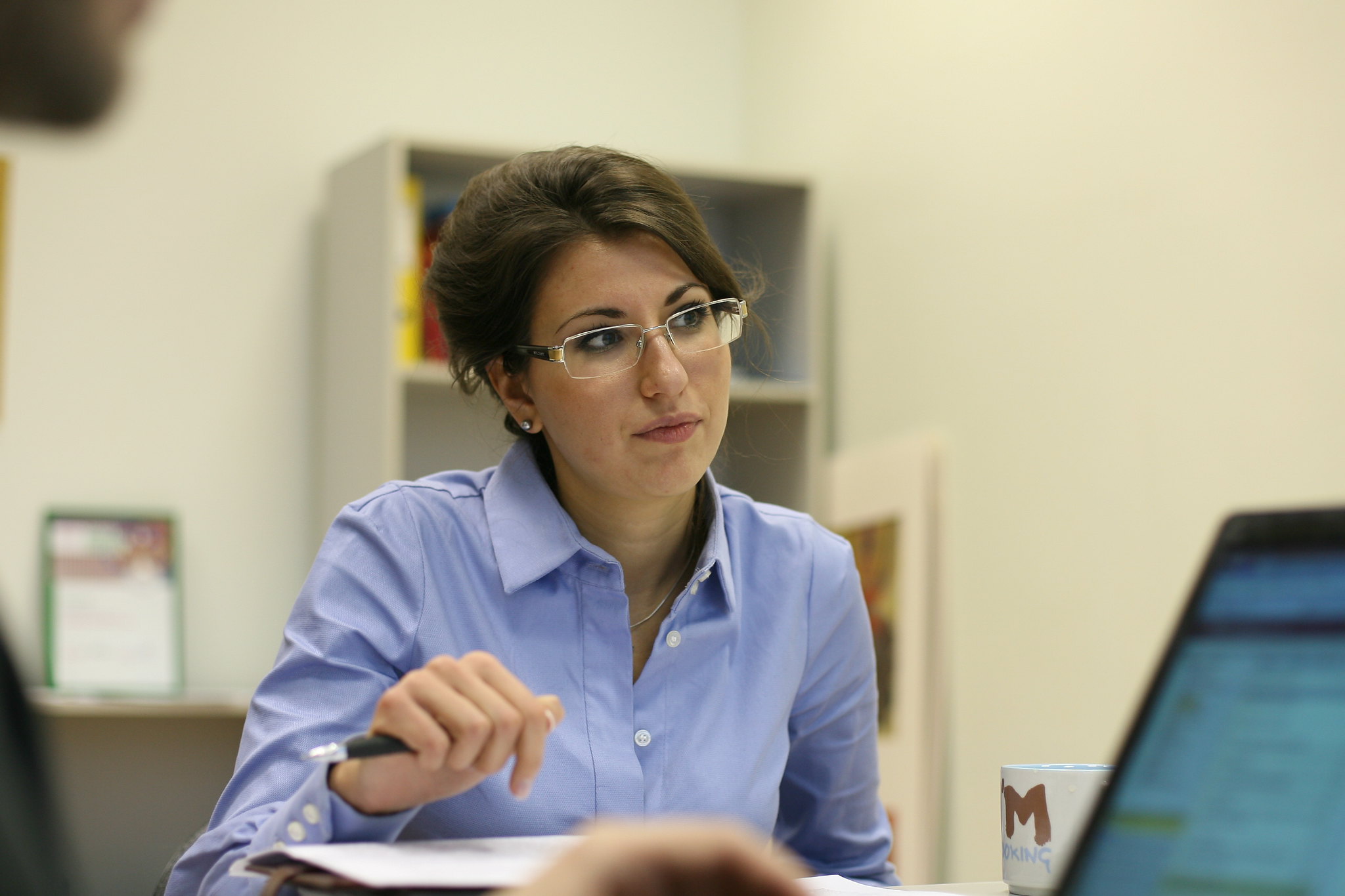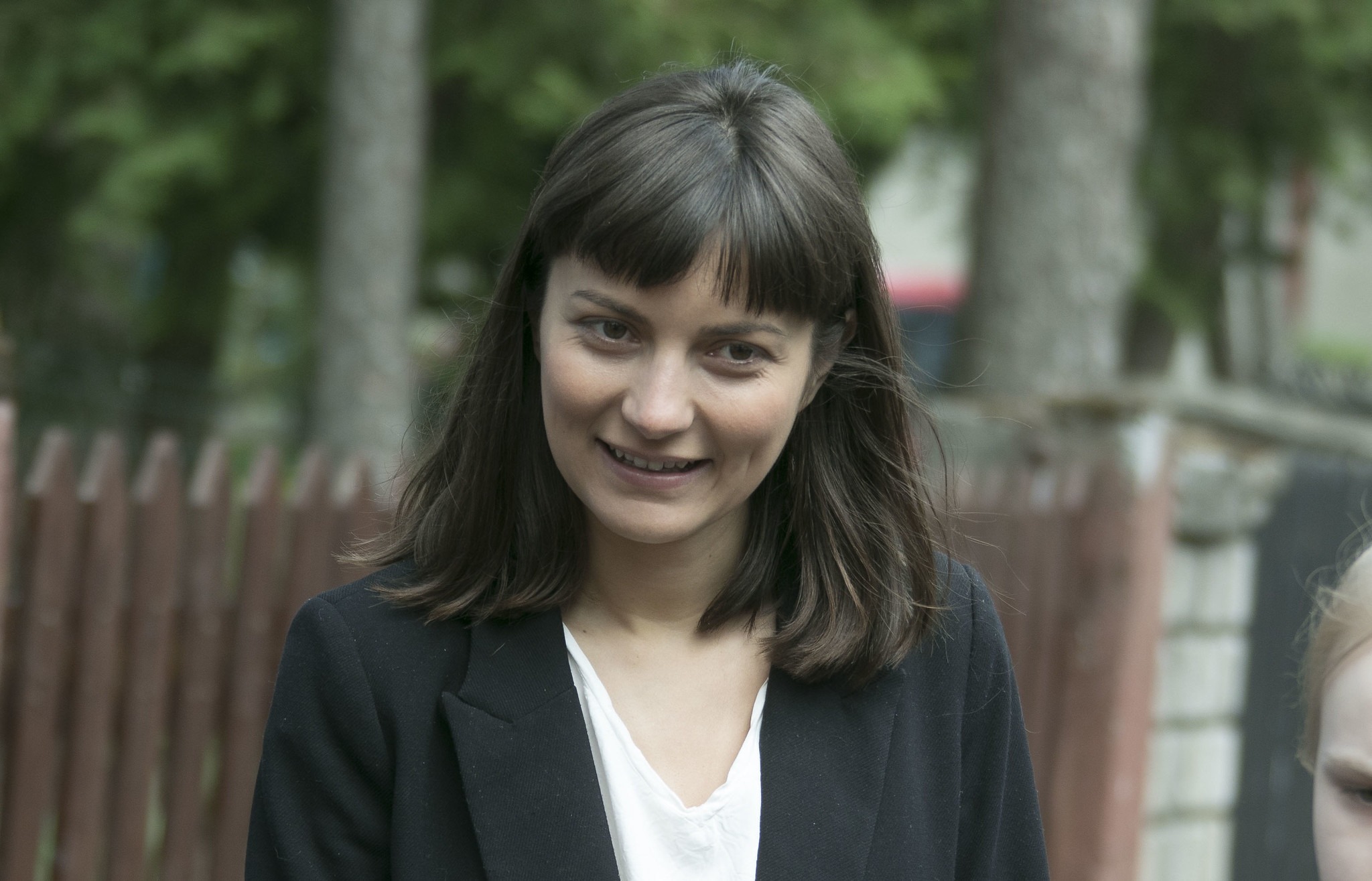
Key Insights:
In August, Estonian social media and web-based media predominantly addressed economic and social issues. On the economic front, key topics included claims of excessive taxation, concerns about unnecessary spending on the Rail Baltica project, and allegations that the government planned to reduce welfare and other benefits for citizens. Social issues were centered around accusations of Russophobia and the removal of Soviet-era monuments, as well as claims that Estonia is segregating Russian-speaking schoolchildren in public schools.
Examples of key narratives include:
- While the government invests in the Rail Baltica project, pensioners struggle to afford basic utilities.
- Citizens face higher taxes while receiving fewer public benefits in return.
- The government plans to revoke health insurance from some unemployed mothers.
- The removal of Soviet monuments is seen as an attempt to erase significant aspects of Estonian history.
- Estonian children are being forced to teach Russian-speaking students the Estonian language due to new policies.
- Labeling certain politicians as pro-Russian is equated to racial discrimination.
Overview of findings:
Social media monitoring:
In August, 366 social media posts were monitored on Facebook, Twitter, Vimeo and Telegram channels using the Awario media monitoring tool. The number of mentions (366) represents a decrease from previous months (-8%). In addition to the monitoring provided by Awario, separate monitoring was conducted individually. As in previous months, 20 Facebook, YouTube, Telegram and Twitter (X) personal and group accounts and 10 websites were monitored weekly. Twitter (X) held the leading position in activity with 200 posts (54.6% of monthly posts), with Reddit accounting for 45.4% of monthly posts (166 posts).

Topic cloud:
The “topic cloud” by the Awario media monitoring tool reveals that this month the most used words and or topics include “USA”, “language, “politics”, and “Russians”.

Sentiment analysis:
The sentiment analysis shows that most of the content is neutral (53.8%), followed by a large portion of negative sentiment (36.1%), with only a small percentage being positive (10.1%). This means that while most of the conversations or feedback remain neutral, there is a noticeable amount of negativity, much higher than the positive sentiment. This negative percentage amount is consistent with previous months, although there is about a 2% increase in negative sentiment compared to August.

Content language:
The graph above indicates that nearly 60% of the posts/content in September were in Estonian. This indicates a continued decrease in Russian content material. The reason for this is not quite clear and could just be due to increased activity from people who post their content in Estonian.

Story of the Month:
The story of the month, titled “Socioeconomic degradation and poverty: Europe has not brought happiness to the Baltics” by Svyatoslav Knyazev argues that the Baltic states, Estonia, Latvia, and Lithuania, have suffered socio-economic degradation since joining the European Union, with high poverty rates, underemployment, and failing industries. It claims that “Europe did not bring happiness to the Baltics” as these countries have not experienced the anticipated economic growth. While the article presents data like high child poverty rates and stagnating industrial output, it does not account for other economic challenges or domestic policies that may also contribute to these struggles. The narrative of degradation also ignores successes in other areas, such as digital innovation and integration into European markets.
The article also emphasizes pensioner poverty and claims that the “Baltic states are becoming welfare recipients of the European Union,” yet this portrayal overlooks important economic reforms and investments that have helped modernize Baltic economies. The claim that “Europe is impoverishing the Baltics” is simply wrong, particularly considering substantial EU development funds that have been directed to infrastructure and education. While some economic challenges remain (like in the rest of Eastern Europe) the article fails to consider how reliance on post-Soviet industries and limited diversification could also explain some of the lag in economic growth. Meanwhile, the statement that “the authorities of the Baltic republics are doing everything possible to break off cooperation with Russia” reflects a narrow perspective on the current geopolitical landscape. While it is true that Baltic countries are seeking to reduce reliance on Russia, this is largely a response to security concerns, historical tensions, and Russia’s aggression in Ukraine.









